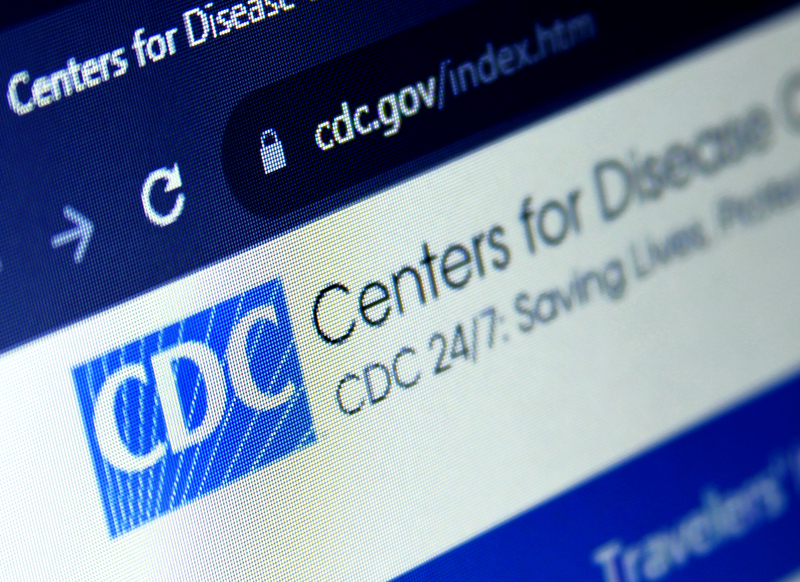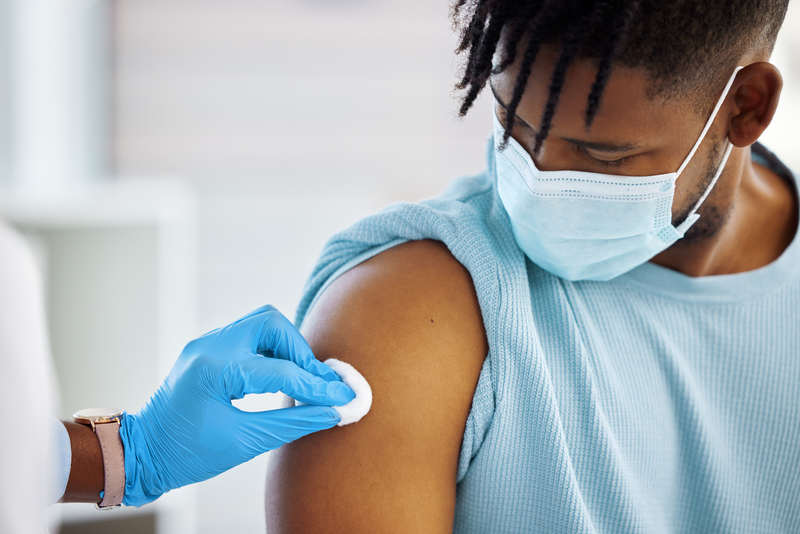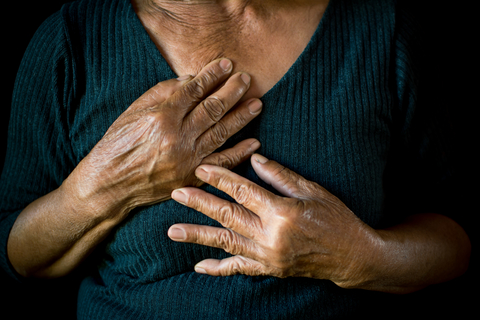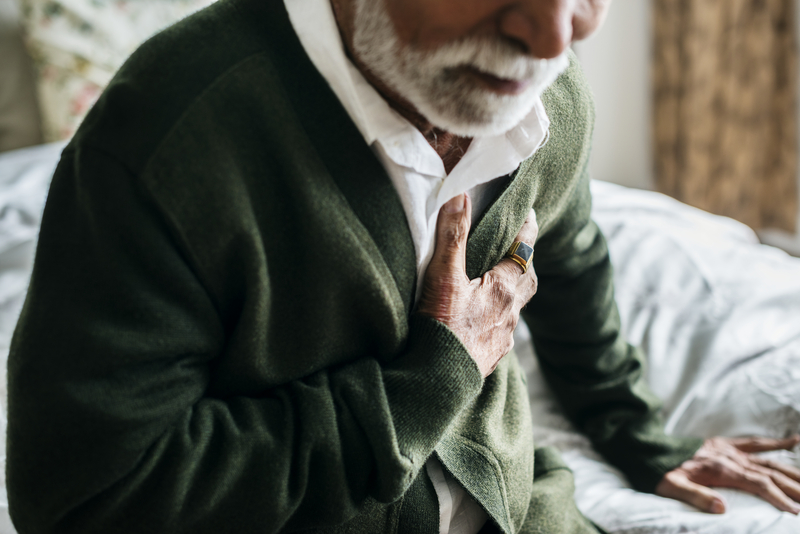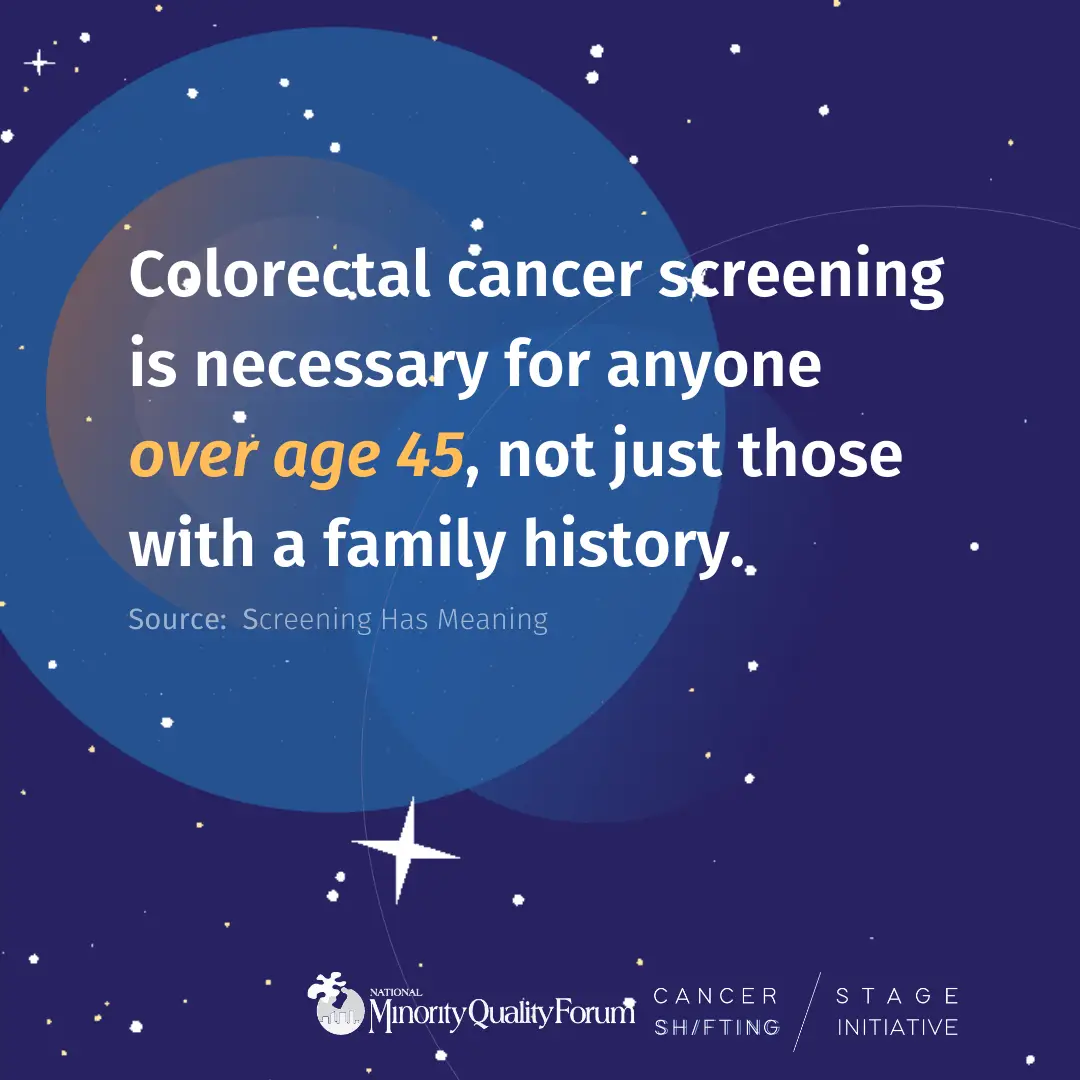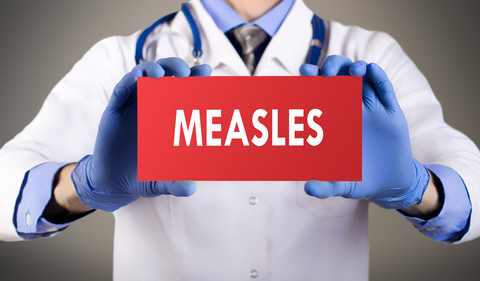Mental Health
Threats Of COVID-19 Caused Significant Anxiety And Depression In Pregnant Women
Credit: Unsplash/CC0 Public Domain
A study that assessed stress, anxiety and depressive symptoms in pregnant women from seven Western countries du...
Should transgender youths have access to gender-affirming care? Why bans are 'cruel' and 'dangerous'
“I just don’t understand why they are so mean.”
Those were the words Lizette Trujillo heard from her son Daniel, who came home from school one day ...
African American Alzheimer's Caregiver Training and Support Project 2 (ACTS2) pilot study: Outcomes analysis
Purpose/objective:
The purpose of this study was to conduct an initial evaluation of the quantitative and qualitative outcomes of th...
Physicians worldwide issue clarion call on racism’s impact in medicine
Racism in all its forms exists in medicine throughout the world and has a direct impact on patients and their health, declared the World Medical As...
California Needs More Latinx Therapists — But The Mental Health Field Is Still Full Of Barriers To Entry
Growing up in Daly City, Eric Valladares remembers hearing how his parents and extended family fled El Salvador during the country’s 12-year civil ...
Incarceration, Social Support Networks, and Health among Black Sexual Minority Men and Transgender Women: Evidence from the HPTN 061 Study
Support from social networks buffers against negative effects of stress but is disrupted by incarceration. Few studies examine incarceration, socia...
Trending Topics
Features
- Drive Toolkit
Download and distribute powerful vaccination QI resources for your community.
- Health Champions
Sign up now to support health equity and sustainable health outcomes in your community.
- Cancer Early Detection
MCED tests use a simple blood draw to screen for many kinds of cancer at once.
- PR
FYHN is a bridge connecting health information providers to BIPOC communities in a trusted environment.
- Medicare
Discover an honest look at our Medicare system.
- Alliance for Representative Clinical Trials
ARC was launched to create a network of community clinicians to diversify and bring clinical trials to communities of color and other communities that have been underrepresented.
- Reducing Patient Risk
The single most important purpose of our healthcare system is to reduce patient risk for an acute event.



